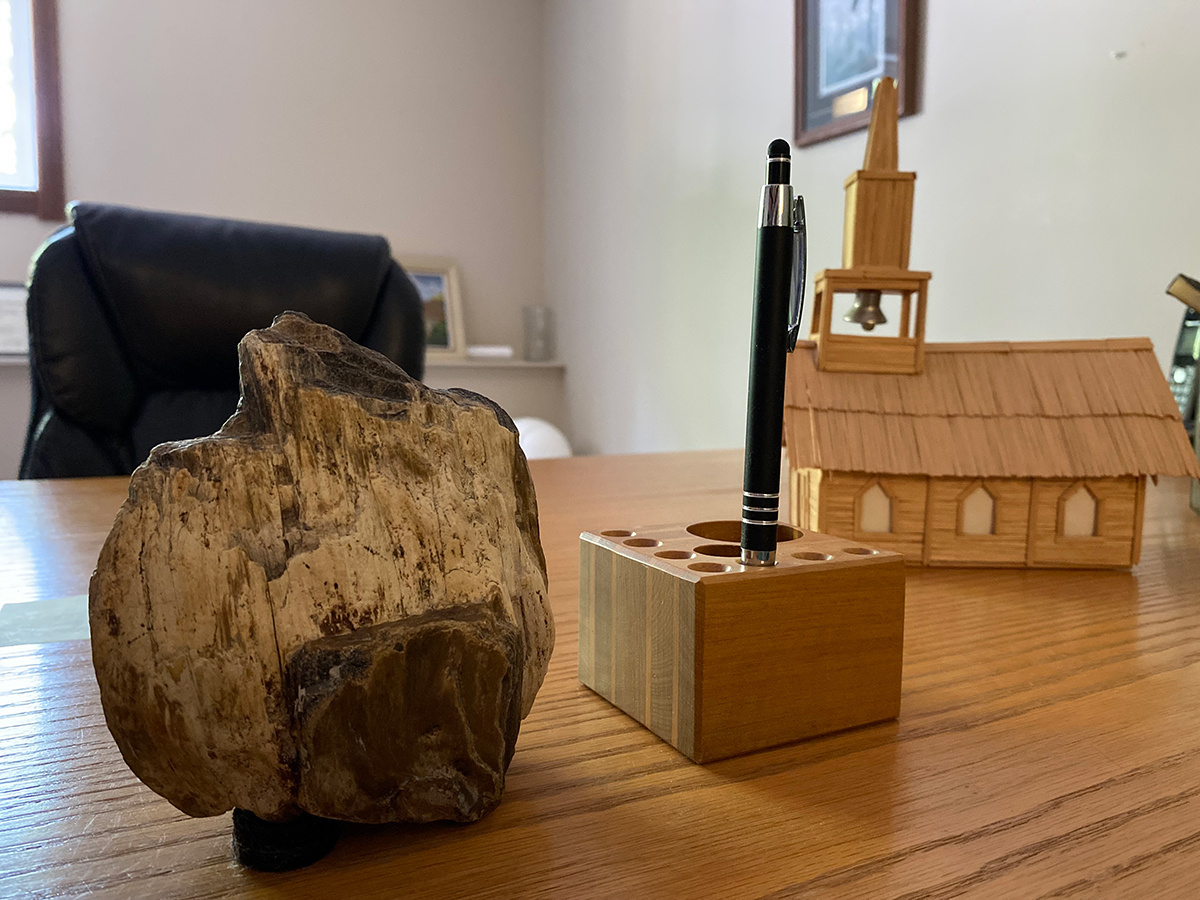Once upon a time, there was a Fortune 500 CEO who fell in love with a beautiful company intern. An honourable and handsome man, he had never married because of the ever-increasing demands of the business that he had helped grow since its inception. His employees now numbered in the thousands; his net worth in the billions. And yet it seemed to him that with every new recognition, or corporate benchmark, the odds of finding anyone to love seemed to fade.
To be sure, there had always been a potential parade of choices. But as his twenties faded far into his thirties, and his company was perceived as increasingly “blue-chip”, he easily noticed the more “complicated” motives behind the smiles of those who seemed to take some interest in him. He routinely saw through the overtures, and (all beauty aside) he regularly disliked what he did see. Love and care, at best, seemed like sideshows. How could he distinguish between what was motivated by authentic feeling in the women he met, and what was simply driven by the security of having money, the intrigue of fame, or the seduction of political influence— all of which was now conveniently prepackaged with his position in the company?
But then she came— an intern hired by one of his departments on a general mandate that he had endorsed. The attraction was immediate, made all the more fascinating by the relative innocence of the new recruit. At first, when she interacted with the CEO she didn’t even realize to whom she was speaking— perhaps just another department head, she thought. But with the inevitable awareness came another relational problem entirely— the sheer discrepancy between his position in the company and hers.
It wasn’t simply an age gap. It was an everything gap. She was the latest employee. He owned and managed the entire firm. He was wealthy and influential. She was a virtual unknown— just beginning her corporate career. Compatibility was never the issue, but integrity certainly was. True, whenever they interacted— during or after work, they seemed meant for each other. She was his world; he was her universe. But therein lay the primary problem.
How does a powerful person propose marriage to the least of the corporate “these”? Over and above the raised eyebrows of any staff with discernment, could she ever legitimately say “yes” to the Boss of all her intermediate bosses? Or would the legitimacy of her response remain perpetually discredited, given the relative social distances and power dynamics involved? In truth, he loved her but felt like testing her from afar. She believed she loved him, but admittedly knew only some of whom she thought she loved.
These are, of course, real relational dynamics. They exist.
Now, magnify them a trillion-fold, and you have the Divine-human relational problem.
The atheist, no less than the believer, wants to know God. Yet, in the knowing, she would expose herself to power-dynamics that would make love, as we presently understand it, impossible. God loves His people, but in order to preserve the fragility of love, He must hide Himself— for in the instant that He fully reveals Himself, faith becomes assurance, and authentic love also becomes immeasurably more complicated by the disparity of power.
Hence, what Richard Dawkins doesn’t fully realize is that there must be theological “plausible deniability”. It helps preserve legitimate relational choice. As much as the atheist or agnostic desires empirical proof, they will not get it from God—by design— save at the very end of the Age. There is a reason why Christ looked for such fragile things as faith, even as He encouraged love. There is a reason why He, Himself, might be described as the incognito Revelation of God.
Isaiah was prophetically correct to articulate that “He had no form or majesty that we should even look at Him, and no beauty that we should desire Him” (53:2). This is as it should be. Even if we were to write Christ into our own love stores, for our sake He could only love in brevity when among us, and mostly from a mysterious distance— where mere flesh and blood cannot reveal the Truth (Matthew 16:17).
Yet, I am convinced that Christ is the Heavenly Suitor, hidden by Divine necessity. His honour and His integrity towards His bride demand nothing less. He sounds no trumpet before Him. Of Himself, he volunteers little, but, instead asks much: “Who do you say that I am?”
Yet, His love is such that He would die that we might live, and He invites us, rather playfully, to seek that we might find.
“Deus Absconditus (‘the Hidden God’) is, to me, the unsung principle whereby God minimizes the politically coercive capacity His own existence creates, while maximizing the sense of freedom necessary to authenticate the choices of mortals for (or against) Him.” —DM, 01-04-2020.

